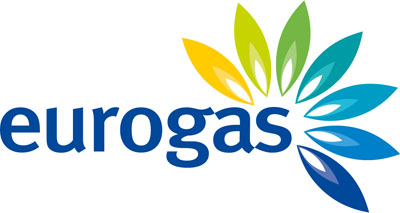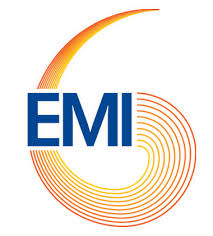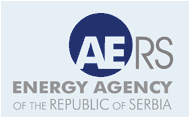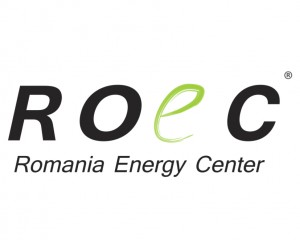Euractiv.com - EXCLUSIVE / The European Union will be forced to import organic waste, such as cow dung and wood, if it does not limit the amount of bioenergy that can count towards its renewable energy targets, new research has found.
Analysis by green groups Birdlife Europe and Transport & Environment found that European sustainable wood waste, agricultural residues and manure will cover just 80% of the EU’s projected bioenergy use in 2030.
EU leaders in October agreed to boost renewables in its energy mix by at least 27% by 2030, as part of its pledge to cut emissions and fight climate change.
The campaigners said that the shortage would have to be made up by imports from unsustainable wood and food crops from abroad. Such imports would not be subject to EU rules, and the shipping would have an impact on the environment.
The European Commission is expected to publish its revised Renewable Energy Directive on 30 November. The directive is the main policy driver for the use of bioenergy in Europe.
Bioenergy is renewable energy from living organisms. Europe is currently mainly using wood for energy and biofuels to power transport,according to the study, which is published today (10 November).
In 2014, bioenergy accounted for 64.1% of Europe’s renewable energy sources. The green groups said that, by 2030, sustainable bioenergy could only account for 30% in 2030.
The availability of waste for energy will drop, campaigners said, due to improved waste management and initiatives such as the EU’s Circular Economy Package. Demand for wood in the furniture, construction, paper and packaging sectors is also rising, according to the research.
Jori Sihvonen, bioenergy officer at T&E, said: "Before burning it, sustainably produced wood should be used to build houses, and make furniture and paper.
"Europe should limit the use of bioenergy and instead devote its efforts to promoting sustainable renewables such as solar, wind, geothermal and tidal.”
Without limits on bioenergy in the Renewable Energy Directive, campaigners said, the law would incentivise the use of unsustainable bioenergy, such as some biofuels or imported wood.
Sustainability rules needed
T&E and Birdlife Europe both called for EU sustainability rules for biomass supplies. Some food-based biofuels and burning trees for energy could be worse than fossil fuel alternatives, they said.
Sini Eräjää, EU bioenergy policy officer at BirdLife Europe, said: "The EU needs a policy on bioenergy sustainability that separates the good from the bad and ensures we stay within the limits of what is sustainably available. The policy should rule out the use of agricultural crops and trees for energy to make room for the more sustainable kinds of bioenergy.”
Dick Roche is anadvisor to Hungary’s Pannonia ethanol company and a former Irish environment minister.
He agreed that sustainability rules were vital. "The way to ensure there are no bad biofuels in Europe is to ensure sustainability criteria in the Renewable Energy Directive are applied and applied rigorously.
"As we know from the recent report from the European Court of Auditors, this is not the case at the moment.”
Advanced biofuels
A group of NGOs, leading companies and think tanks recently warned that the EU risked losing its hard-won competitive advantage in advanced biofuels due to a lack of strong market signals from policymakers such as the Commission.
Advanced biofuels are made from non-food materials such as residues from agriculture and forestry or biogenic municipal waste.Unlike some earlier biofuels, they do not incentivise the growing of food crops for fuel, which is controversial.
They are pushing for binding targets for advanced alternative fuels in forthcoming EU climate regulation for 2020-2030, according to the group, which overcame traditional differences to work together for the past year.
In July, the European Commission published a strategy for low emission mobility. It called for food-based biofuels to be gradually phased out and replaced with more advanced biofuels.
(Euractiv.com)



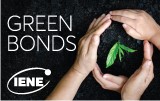
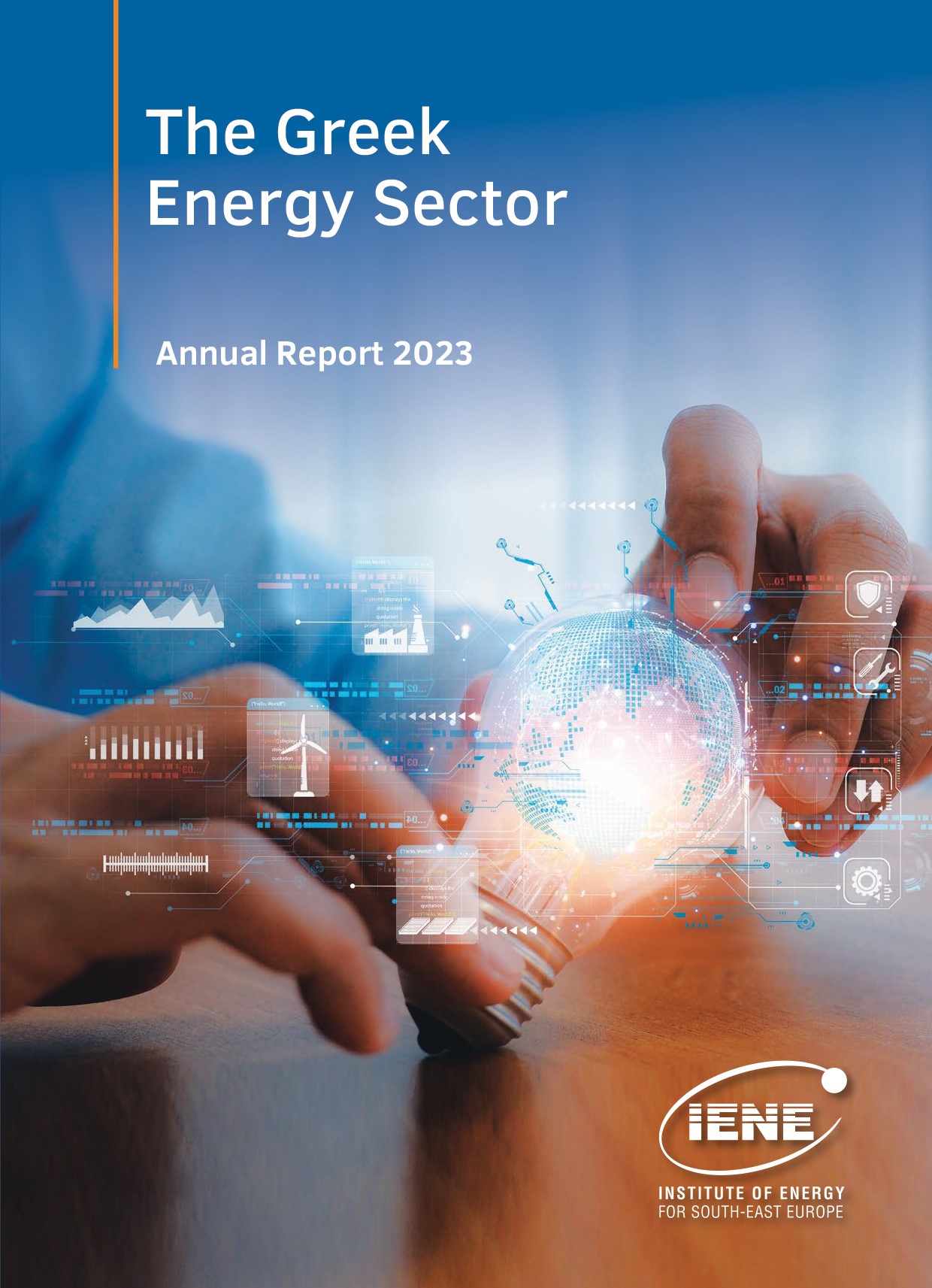

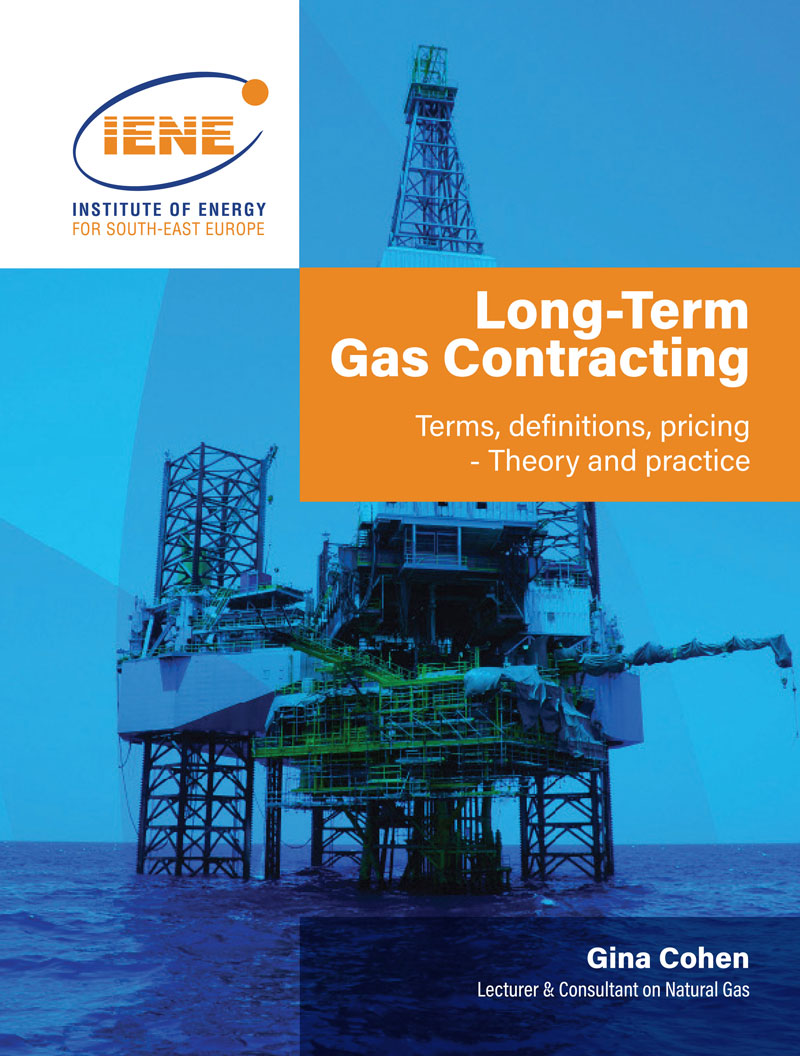 More
More




